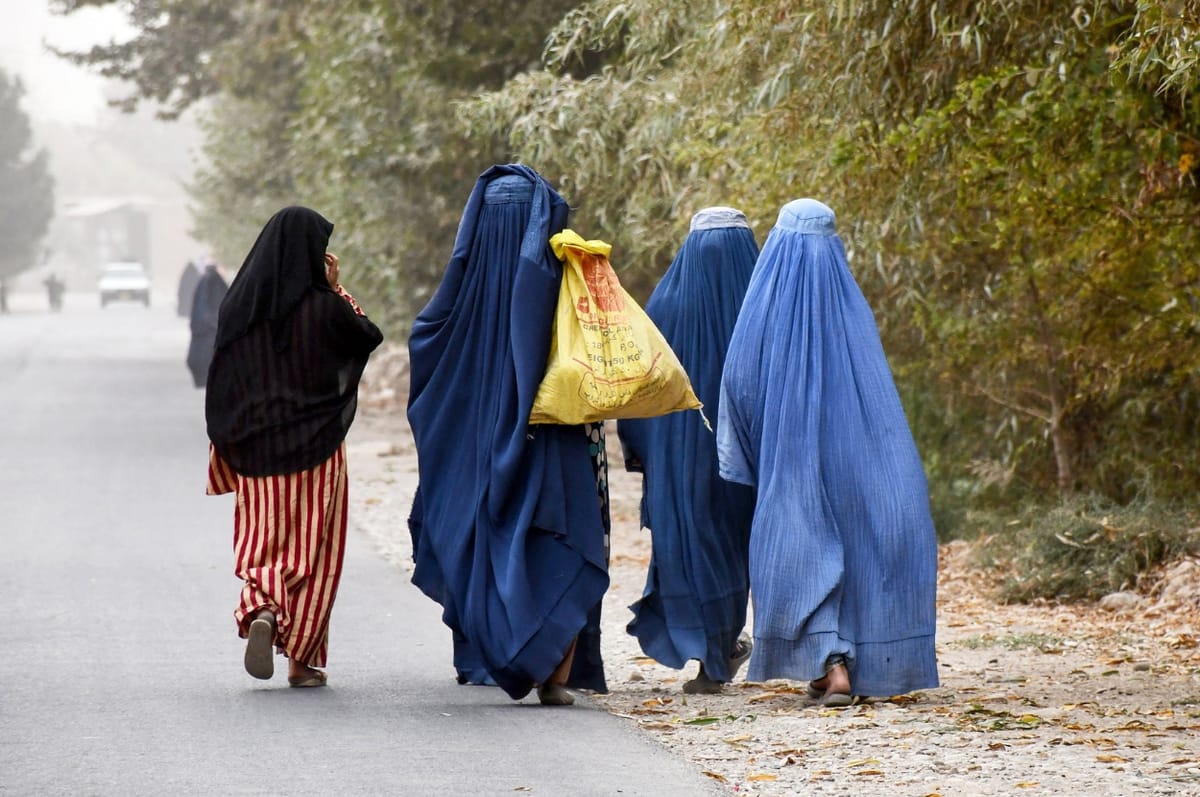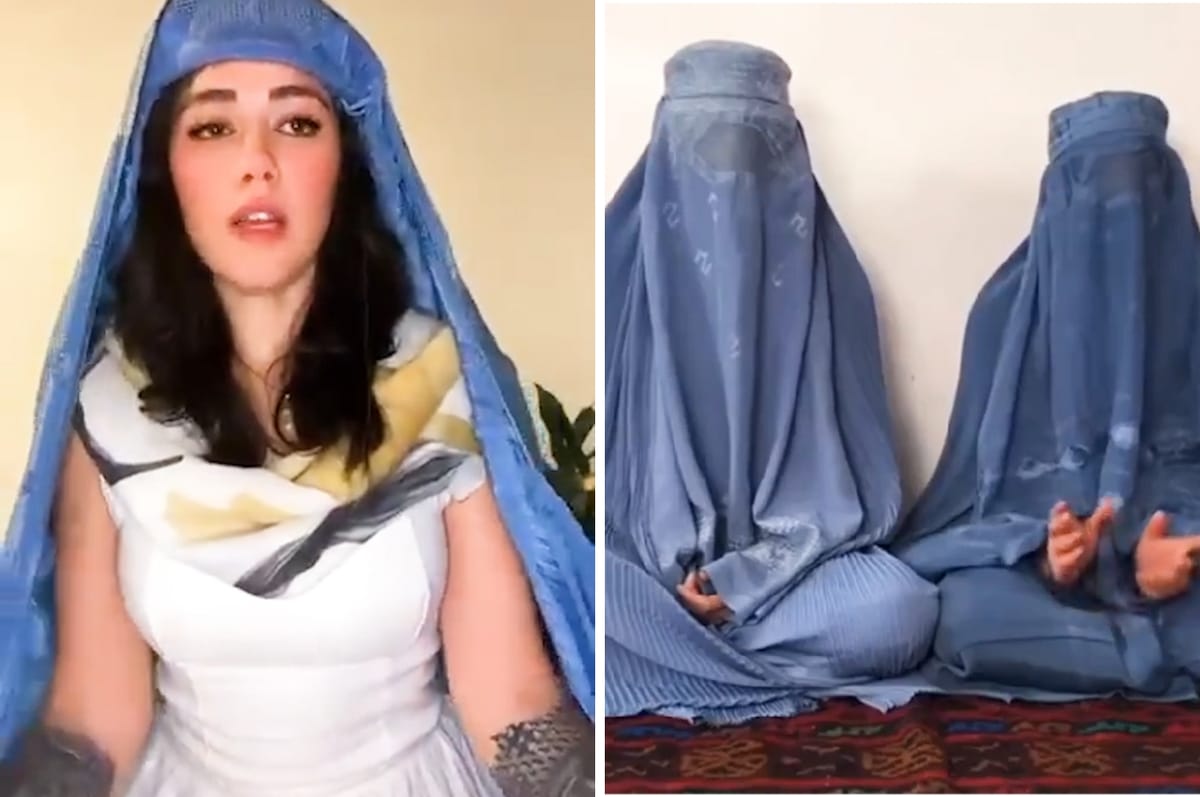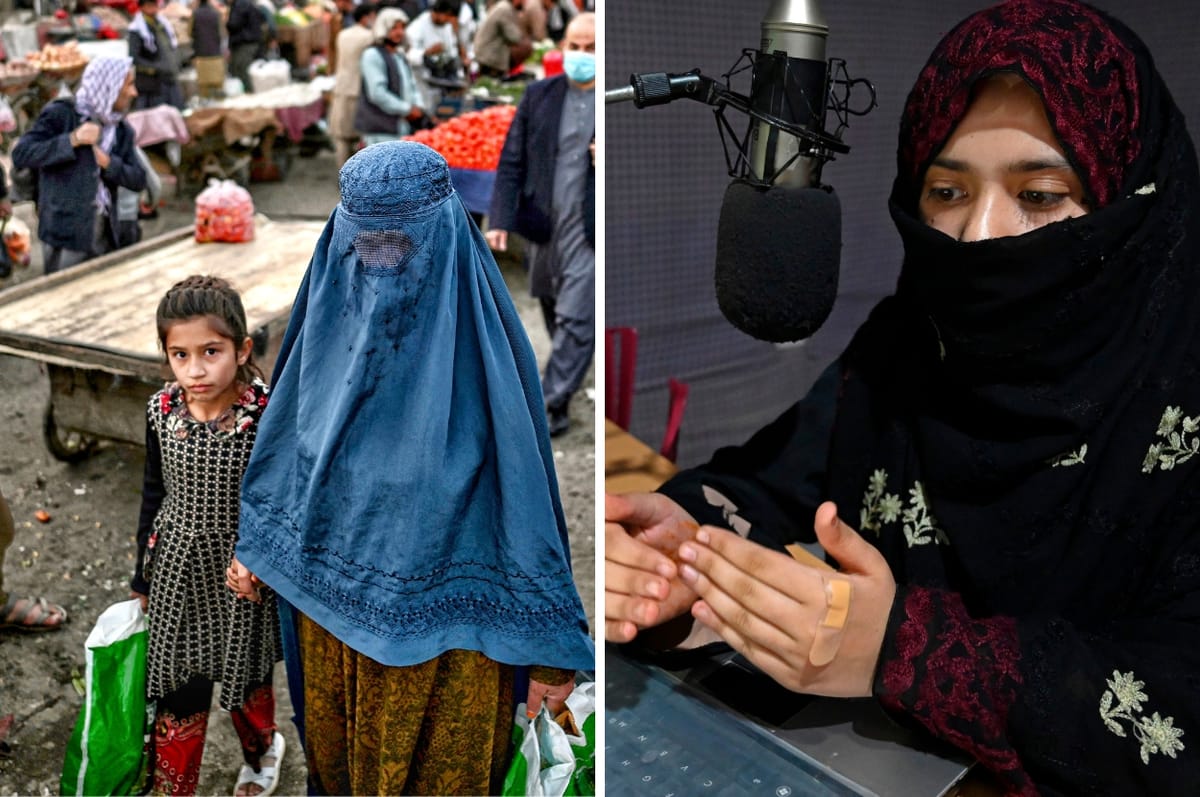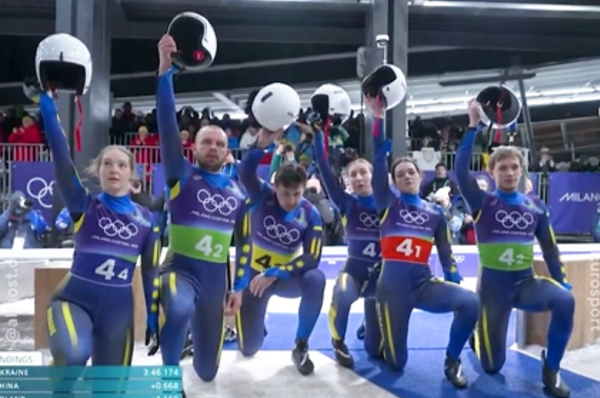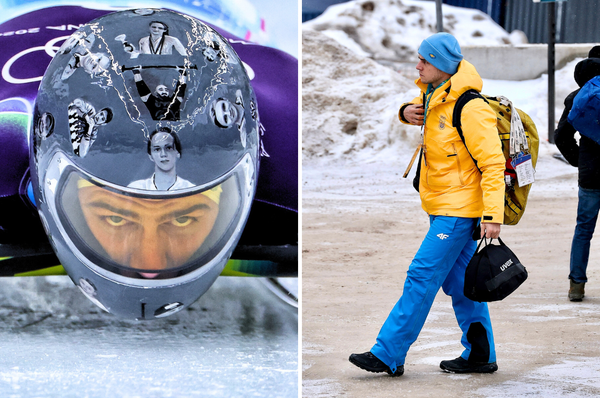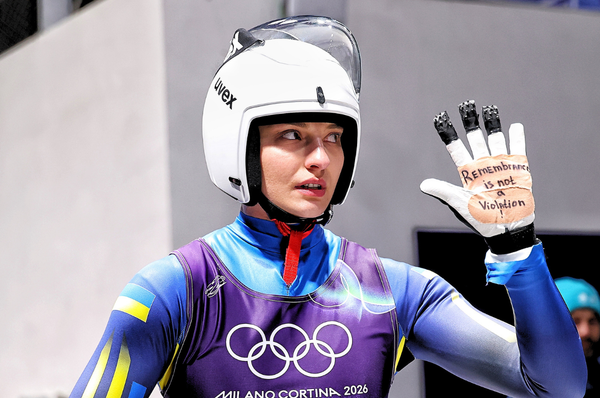The ICC Has Requested Arrest Warrants For The Taliban’s Leaders For Persecuting Women In Afghanistan
The ICC said its move recognizes that Afghan women, girls and the LGBTQ community are facing an "unprecedented, unconscionable and ongoing persecution" by the Taliban.
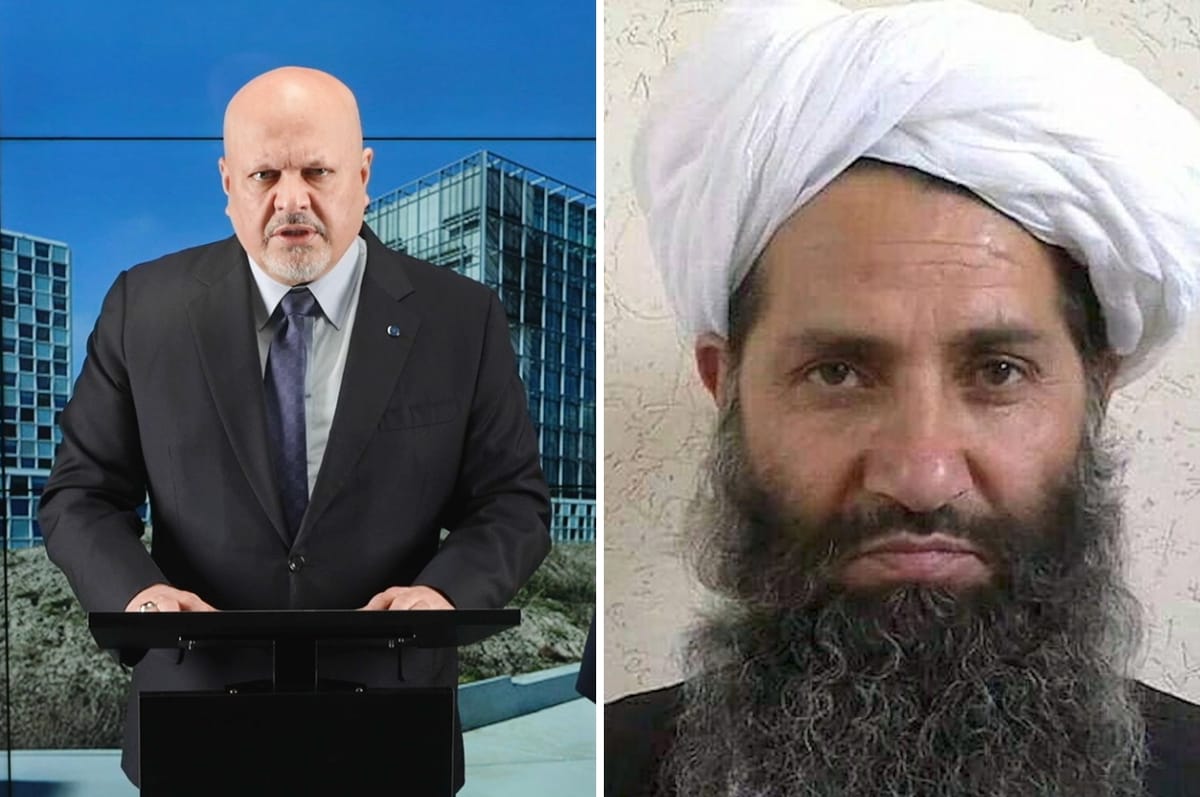
The International Criminal Court (ICC) has requested arrest warrants for two senior Taliban leaders over their roles in the persecution of women and girls in Afghanistan.
On Wednesday, Jan. 23, ICC Prosecutor Karim Khan announced that there are “reasonable grounds” to believe that Haibatullah Akhundzada, the Supreme Leader of the Taliban, and Abdul Hakim Haqqani, the Chief Justice, “bear criminal responsibility for the crime against humanity related to gender-based persecution” since the Taliban regained control of the country in August 2021.
Khan said that in the ICC’s investigation it found that women and girls in Afghanistan have been denied basic rights, including the rights to physical safety, education, free movement, free expression, family life and free assembly.
He also spoke about the Taliban’s “brutal repression” of anyone who opposes their rule, which includes murder, imprisonment, torture, rape, enforced disappearances and other inhumane acts.
Khan added that these crimes also include targeting LGBTQ people for not following the Taliban’s strict beliefs about gender identity and expressions.
“These applications recognize that Afghan women and girls, as well as the LGBTQI+ community, are facing an unprecedented, unconscionable and ongoing persecution by the Taliban,” he said.
Khan added that the Taliban cannot use their interpretation of Islamic law to justify human rights abuses.
He concluded by saying that Afghan victims have suffered for too long and they are not forgotten.
This marks the first time the ICC has considered attacks on LGBTQ as crimes against humanity.
The next step involves a three-judge ICC panel reviewing the request.
Human rights groups welcomed the ICC’s move but criticized Khan for only focusing on crimes committed by the Taliban as it “deprioritizes” crimes committed by the US military in Afghanistan, AP reported.
Since the Taliban took control of Afghanistan in August 2021, it has rolled back decades of women’s rights, including banning girls and women from going to school, working, going out on their own, and speaking aloud in public.
More On Women's Rights In Afghanistan
